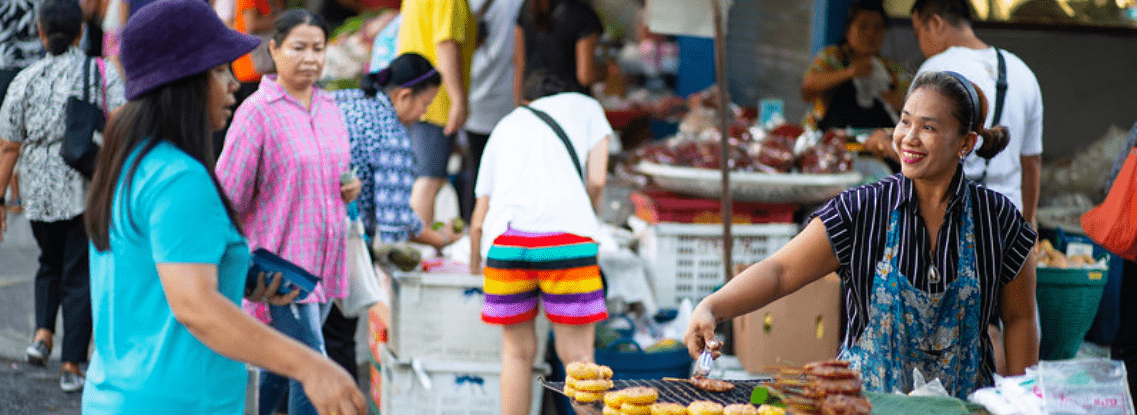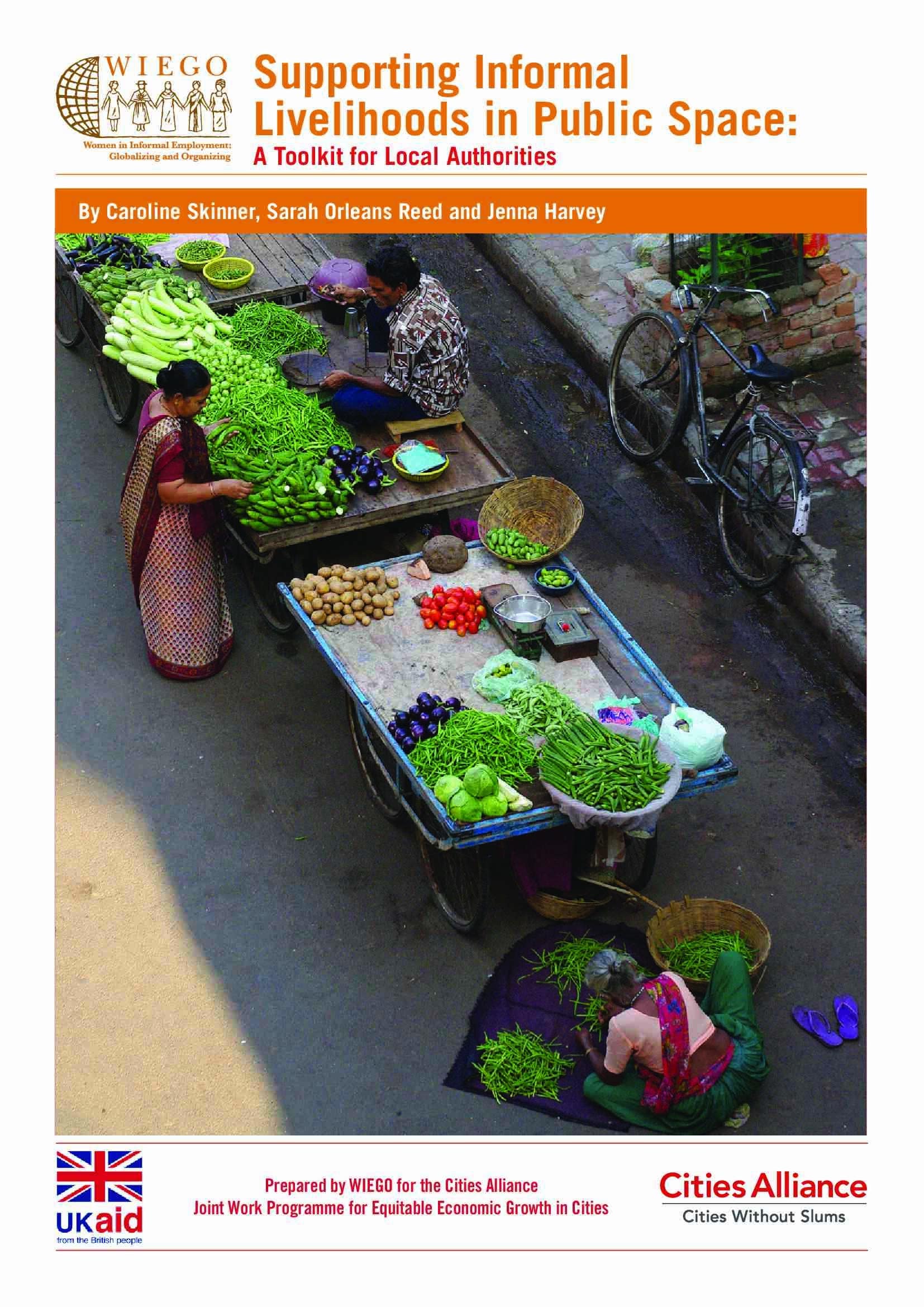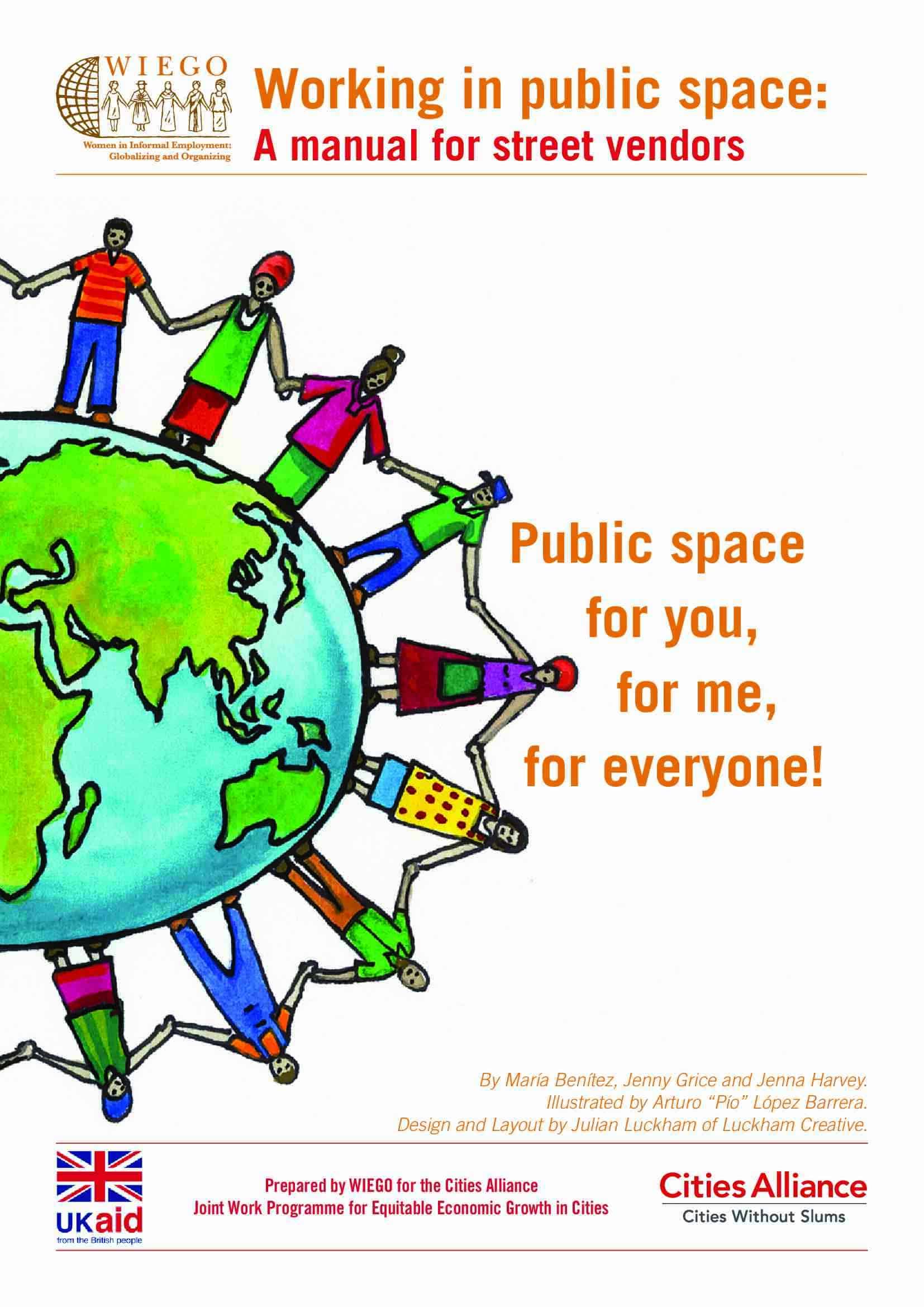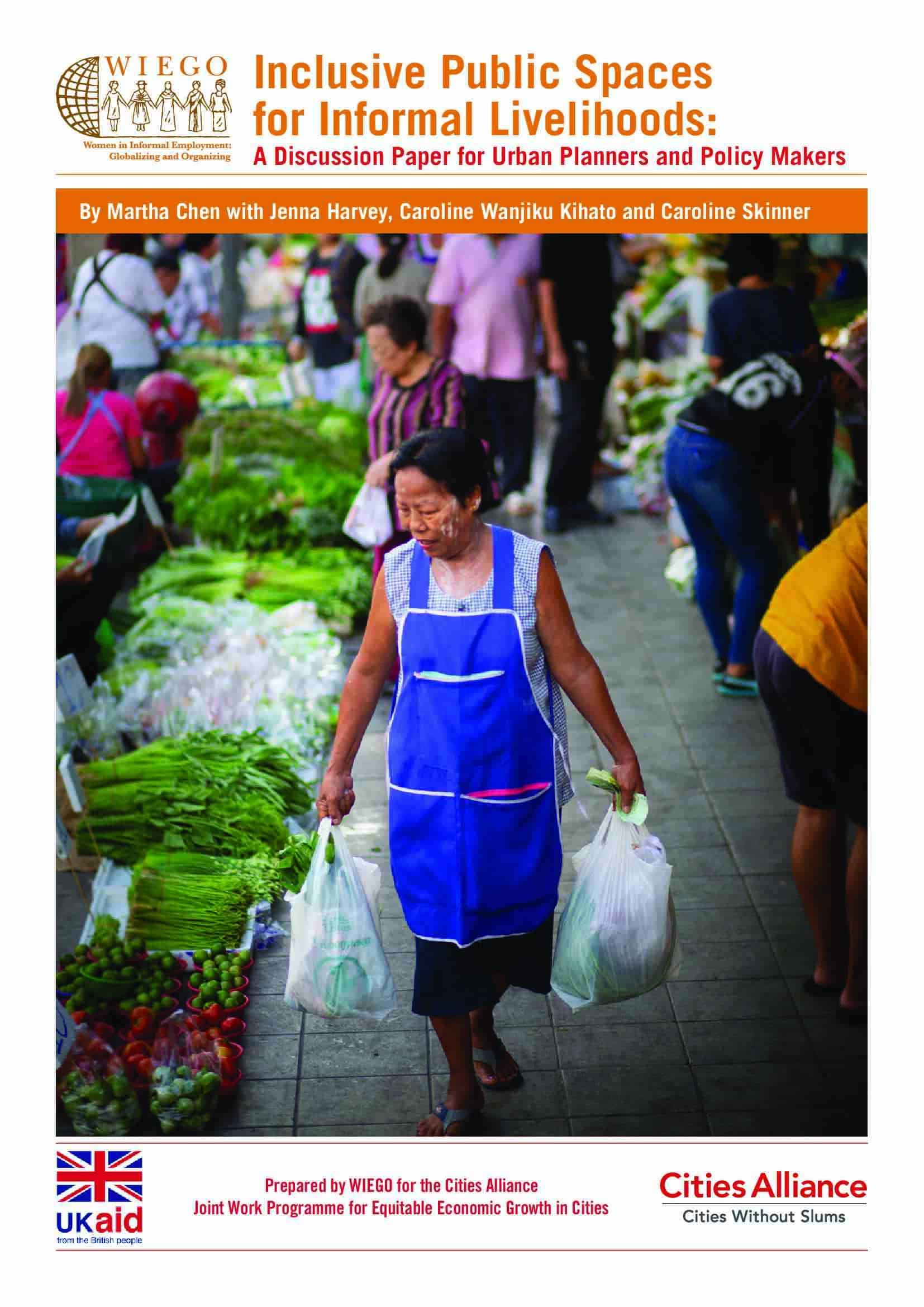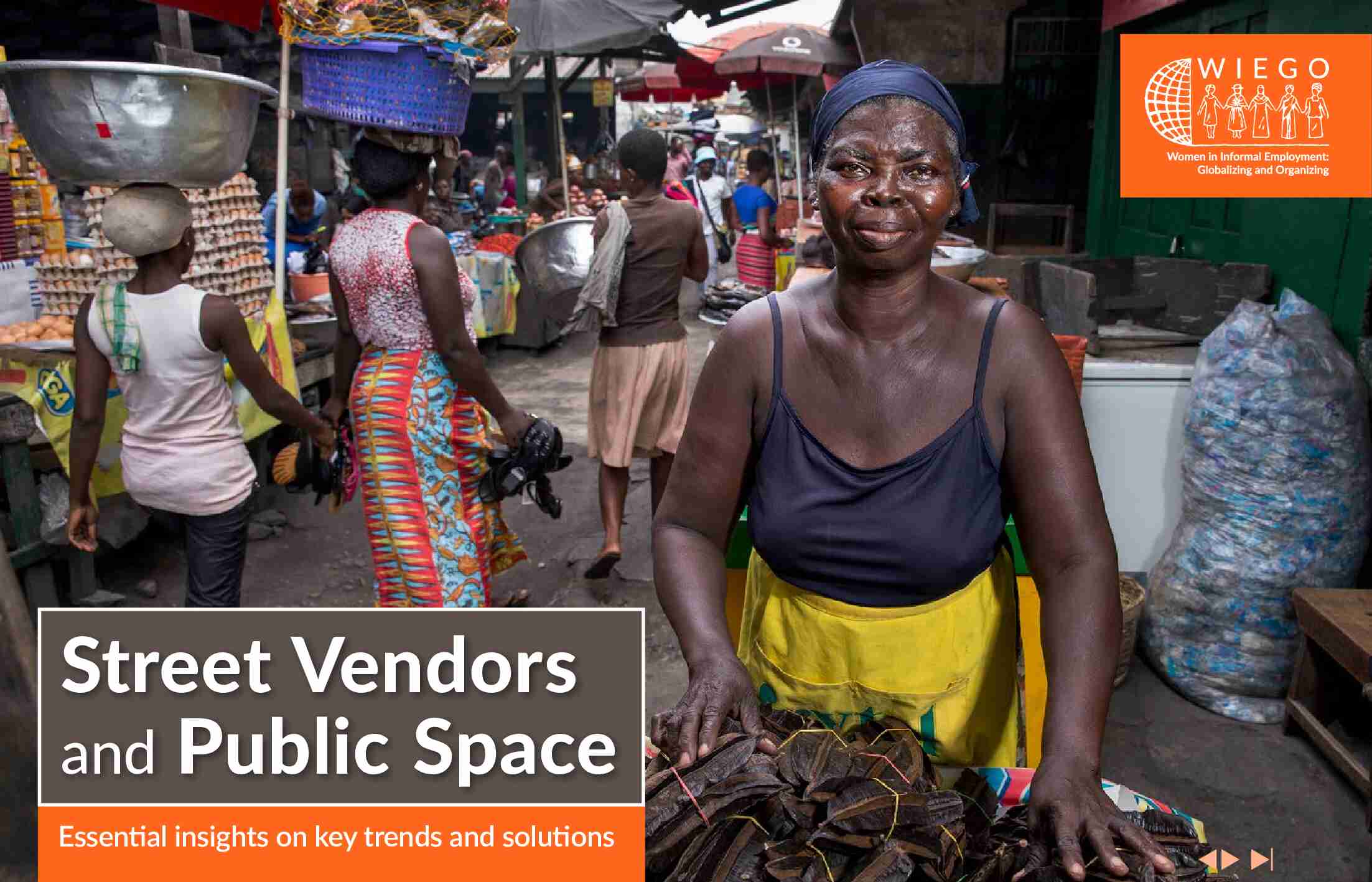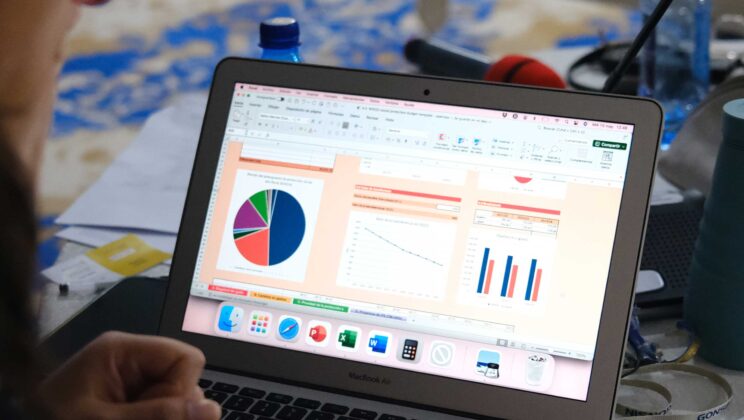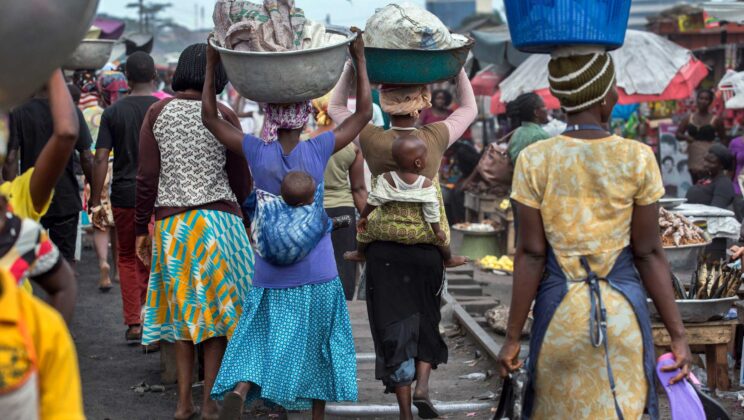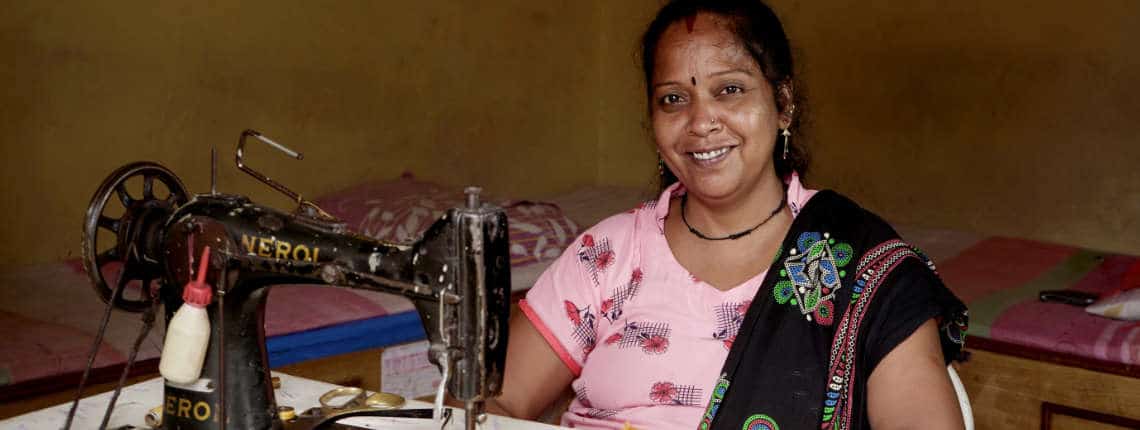Diverse, inclusive activities in public spaces can help cities and their residents thrive – but competing interests and uses can bring challenges. The project ‘Public Space for All’, in partnership with Cities Alliance, aimed to help city officials, urban planners, workers and other stakeholders realize the potential of inclusive, vibrant public spaces. The project involved public consultations in WIEGO’s Focal Cities and the development of a set of resources.
Public space is a public good for all city residents to access and enjoy, whether it is for leisure, transportation or earning a livelihood. However, competing uses of public space cause conflict, and often it is the most vulnerable users, workers in informal employment, who are excluded. WIEGO believes regulated public spaces offer possibilities for diverse uses to co-exist, ultimately making cities more vibrant and inclusive.
The resources WIEGO developed through the Public Space for All project are designed to inform city governments and worker organizations, and to support organizations with inclusive management and regulation of public space. The cases are drawn from the experiences and knowledge of the WIEGO Network and its member organizations of workers, and other members of Cities Alliance.
Project Activities
Supporting Informal Livelihoods in Public Space: A Toolkit for Local Authorities
This toolkit aims to support local authorities in adopting an inclusive approach to managing public space that considers urban workers in informal employment, with a specific focus on street vendors. The toolkit includes principles for inclusive legislation and regulation, guidelines for authorities to compile evidence for planning, and recommendations for engaging street vendors and community stakeholders in designing, implementing and monitoring plans. Good-practice examples are shared.
Working in Public Space: A Manual for Street Vendors
This resource is for street vendors and their organizations to use in reflecting on their contributions and challenges working in public space, and to build their capacities to defend their livelihoods.
Inclusive Public Spaces for Informal Livelihoods: A Discussion Paper for Urban Planners and Policy Makers
This paper illustrates the everyday struggles that the urban working poor face in securing access to public space to pursue their livelihoods and the management and governance challenges faced by city governments in regulating access to public space for competing uses and users. It makes the case that regulated access to public space for workers in informal employment is a key pathway to inclusive cities and, thereby, to equitable economic growth; and that another key pathway is to enable workers to be represented in urban planning and governance processes.
Street Vendors and Public Space: Essential Insights on Key Trends and Solutions
Through photographs and text, this e-book offers an in-depth look at the important role street vendors play in cities, the challenges they face, and the solutions that can make cities more vibrant, secure and affordable for all.
Featured Videos
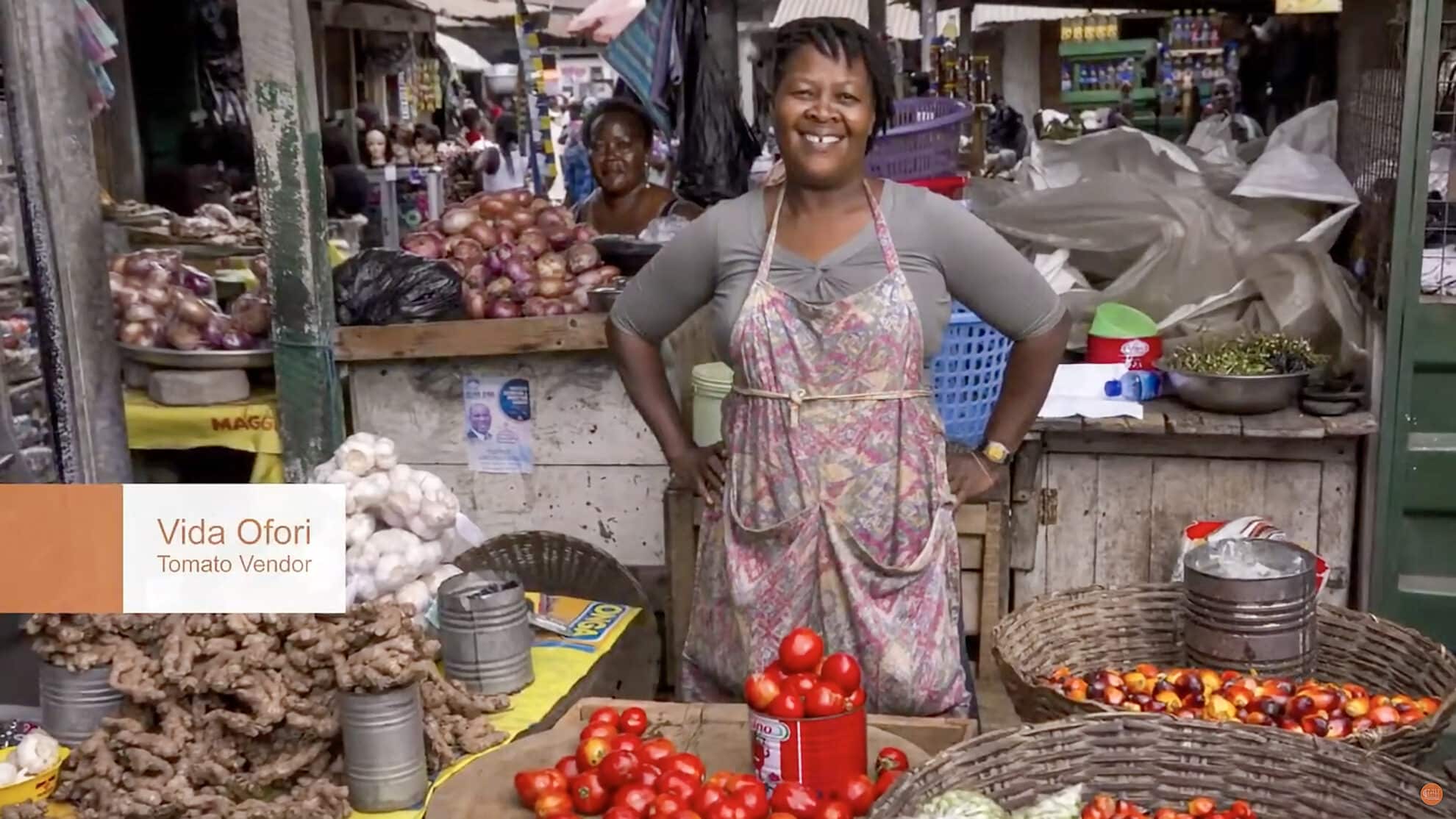 Play Video
Play Video
Whose Space is Public Space?
Meet some of Accra's street vendors and worker leaders as they dialogue with public officials on the challenges and opportunities of inclusive management of public space in Accra.
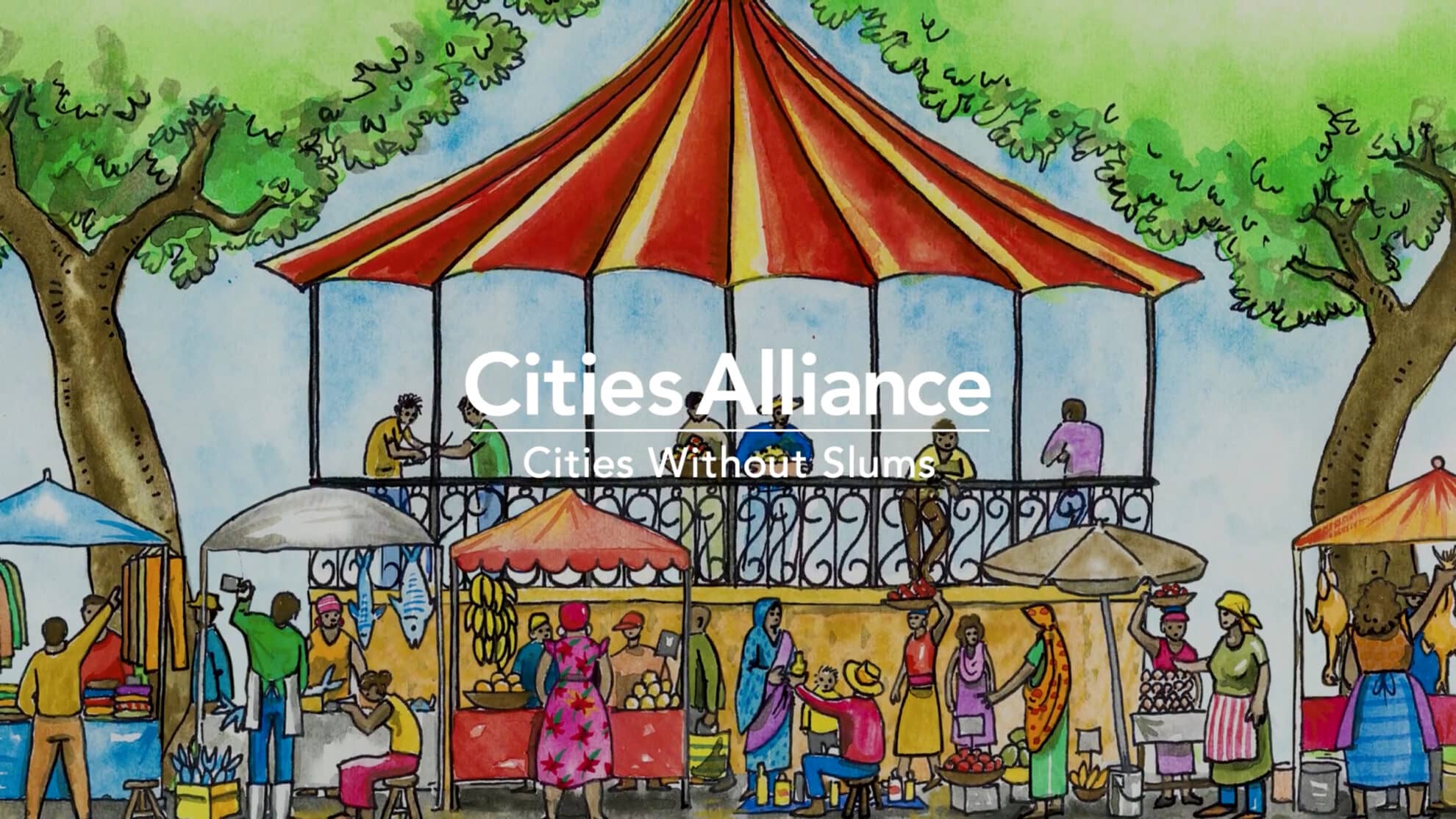 Play Video
Play Video
Protecting Street Vendors and Other Workers in Informal Employment
This video, developed by Cities Alliance, provides an animated version of WIEGO’s Manual for Street Vendors, outlining key messages in the defence of the right to work in public space.
